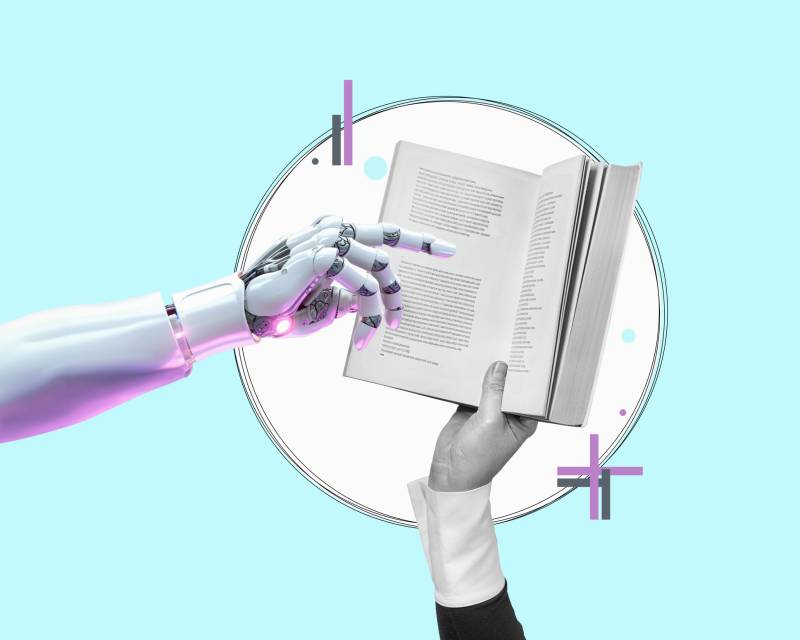We are still in the early days of understanding the promise and peril of using generative AI in education. Very few researchers have evaluated whether students are benefiting, and one well-designed study showed that using ChatGPT for math actually harmed student achievement.
The first scientific proof I’ve seen that ChatGPT can actually help students learn more was posted online earlier this year. It’s a small experiment, involving fewer than 200 undergraduates. All were Harvard students taking an introductory physics class in the fall of 2023, so the findings may not be widely applicable. But students learned more than twice as much in less time when they used an AI tutor in their dorm compared with attending their usual physics class in person. Students also reported that they felt more engaged and motivated. They learned more and they liked it.
A paper about the experiment has not yet been published in a peer-reviewed journal, but other physicists at Harvard University praised it as a well-designed experiment. Students were randomly assigned to learn a topic as usual in class, or stay “home” in their dorm and learn it through an AI tutor powered by ChatGPT. Students took brief tests at the beginning and the end of class, or their AI sessions, to measure how much they learned. The following week, the in-class students learned the next topic through the AI tutor in their dorms, and the AI-tutored students went back to class. Each student learned both ways, and for both lessons – one on surface tension and one on fluid flow – the AI-tutored students learned a lot more.
To avoid AI “hallucinations,” the tendency of chatbots to make up stuff that isn’t true, the AI tutor was given all the correct solutions. But other developers of AI tutors have also supplied their bots with answer keys. Gregory Kestin, a physics lecturer at Harvard and developer of the AI tutor used in this study, argues that his effort succeeded while others have failed because he and his colleagues fine-tuned it with pedagogical best practices. For example, the Harvard scientists instructed this AI tutor to be brief, using no more than a few sentences, to avoid cognitive overload. Otherwise, he explained, ChatGPT has a tendency to be “long-winded.”
The tutor, which Kestin calls “PS2 Pal,” after the Physical Sciences 2 class he teaches, was told to only give away one step at a time and not to divulge the full solution in a single message. PS2 Pal was also instructed to encourage students to think and give it a try themselves before revealing the answer.



